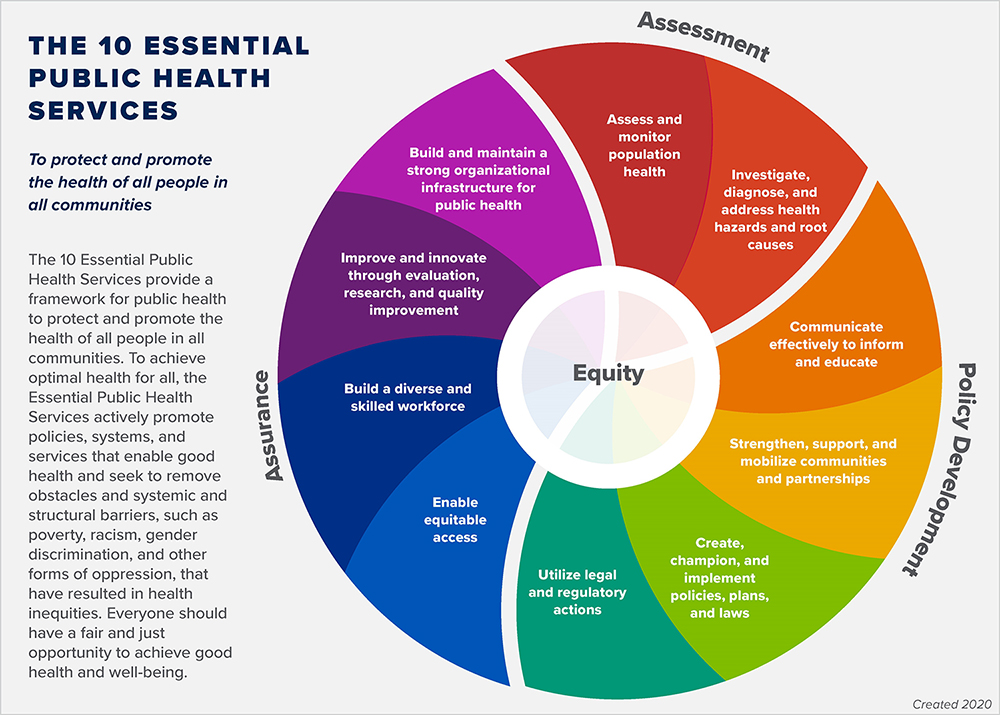A Global Prescription for Healthy Futures: Tackling Healthcare Disparities and Innovations

In today's global landscape, healthcare is a vital aspect that affects individuals and communities alike. As we strive towards healthy futures, it is essential to address the disparities that exist in various healthcare systems across the world. By implementing public health initiatives, improving patient care, and emphasizing preventive healthcare, we can pave the way for a brighter and healthier tomorrow.
One key aspect of achieving this goal lies in the formulation and implementation of effective healthcare policies. These policies not only ensure that healthcare services are accessible to all, but also promote medical innovations that can revolutionize the way we approach health and wellness. By bridging the gap between scientific advancements and everyday patient care, we can create a system that optimizes healthcare delivery, resulting in a healthier and more resilient society.
However, it is crucial to acknowledge the existence of healthcare disparities that persist in different regions around the globe. These disparities can be attributed to various factors such as socio-economic differences, geographical barriers, and inadequate resources. By addressing these disparities head-on and promoting equitable access to healthcare, we can pave the way towards a healthier and more sustainable global community.
In this article, we will explore the various aspects of healthcare, ranging from public health initiatives to medical innovations, with a keen focus on addressing healthcare disparities and global health issues. By shedding light on the importance of accessible healthcare and the need for preventive measures, we can pave the way towards a healthier and more equitable future. So, join us on this journey and let's delve into the world of healthcare, where innovation meets compassion to create a brighter tomorrow for all.
Addressing Healthcare Disparities
In our global pursuit of healthy futures, addressing healthcare disparities is a crucial step in ensuring that everyone has equal access to quality care. These disparities can arise from various factors, including socioeconomic status, geographic location, and marginalized communities facing discrimination. To create a more equitable healthcare system, we must focus on bridging these gaps and providing necessary support to those who need it most.
One vital aspect of tackling healthcare disparities is the implementation of comprehensive public health initiatives. These initiatives should aim to reach communities that have historically been underserved or overlooked. By targeting these populations with tailored programs, we can effectively address their specific healthcare needs and provide them with the resources to maintain their well-being.
Furthermore, patient-centered care plays a significant role in reducing healthcare disparities. It is crucial to recognize that each individual has unique needs and circumstances that must be taken into account. By fostering a patient-centered approach, we can ensure that healthcare services are personalized and inclusive, leaving no one behind. This involves actively listening to patients, understanding their concerns, and actively involving them in their healthcare decisions.
Another key aspect of addressing healthcare disparities is through the implementation of healthcare policies that prioritize accessibility for all. Policies should focus on removing barriers, such as financial constraints and geographical limitations, that prevent individuals from accessing the care they require. By promoting affordable healthcare options, expanding insurance coverage, and improving transportation options, we can make healthcare more accessible to everyone, regardless of their background or location.

In conclusion, addressing healthcare disparities is essential for creating a healthier future for all. By implementing comprehensive public health initiatives, fostering patient-centered care, and implementing healthcare policies that prioritize accessibility, we can work towards achieving a more equitable healthcare system. It is only by tackling these disparities head-on that we can ensure that every individual has the opportunity to lead a healthy and fulfilling life.
Innovative Approaches to Patient Care
In today's rapidly evolving healthcare landscape, innovative approaches to patient care have become more crucial than ever. As medical professionals strive to provide the best possible care to their patients, they are embracing new strategies and technologies that have the potential to revolutionize the way healthcare is delivered.
One of the key areas where innovation is making a significant impact is in the field of telemedicine. With the advancements in communication technology, patients can now have virtual consultations with their healthcare providers, eliminating the need for in-person visits in certain cases. Telemedicine enables patients to receive timely medical advice and treatment from the comfort of their own homes, improving accessibility and convenience, especially for those living in remote areas.
Another innovative approach to patient care is the use of personalized medicine. Rather than relying on a one-size-fits-all approach, personalized medicine takes into account an individual's unique genetic makeup, lifestyle, and environmental factors to tailor treatment plans. This approach holds great promise in improving patient outcomes by ensuring that treatments are better suited to an individual's specific needs, minimizing side effects, and increasing the effectiveness of therapies.
Furthermore, the implementation of electronic health records (EHRs) has transformed the way patient information is stored and shared. EHRs allow healthcare providers to access a patient's medical history, test results, and treatment plans easily, facilitating seamless coordination of care. This not only improves the efficiency of healthcare delivery but also enhances patient safety by reducing the risk of errors and ensuring that vital information is readily available to all members of the healthcare team.
Innovations in patient care are essential for addressing the complex healthcare challenges faced globally. By embracing telemedicine, personalized medicine, and electronic health records, healthcare providers can enhance accessibility, improve treatment outcomes, and ultimately contribute to building a healthier and more equitable world.
Policy Measures for Accessible Healthcare
Ensuring accessible healthcare for all individuals is a crucial aspect of addressing healthcare disparities and promoting global health. By implementing comprehensive policy measures, governments can make significant strides in providing equitable healthcare services to their populations.
Firstly, governments should focus on enhancing healthcare infrastructure in underserved areas. This involves establishing healthcare facilities, such as hospitals and clinics, and ensuring they are equipped with the necessary resources and skilled healthcare professionals. By strategically distributing these facilities, governments can mitigate the geographical barriers that often limit access to healthcare.
Secondly, healthcare policies should prioritize the development and implementation of telemedicine services. https://www.cabarruschamber.org enable patients to consult healthcare professionals remotely, breaking down barriers related to distance and transportation. By investing in telemedicine infrastructure and creating supportive policies, governments can improve access to healthcare services, particularly for individuals residing in rural or remote areas.
Furthermore, governments should enact policies that promote preventive healthcare and early intervention. By prioritizing preventative measures, such as regular check-ups, screenings, and vaccinations, healthcare systems can identify and address health issues before they become more severe and costly. Additionally, such policies help shift the focus from reactive to proactive care, contributing to overall population health and reducing healthcare disparities.
In conclusion, accessible healthcare is vital for promoting global health and reducing disparities. By implementing policy measures that focus on enhancing healthcare infrastructure, embracing telemedicine services, and prioritizing prevention, governments can take major strides towards ensuring equitable healthcare for all individuals.
